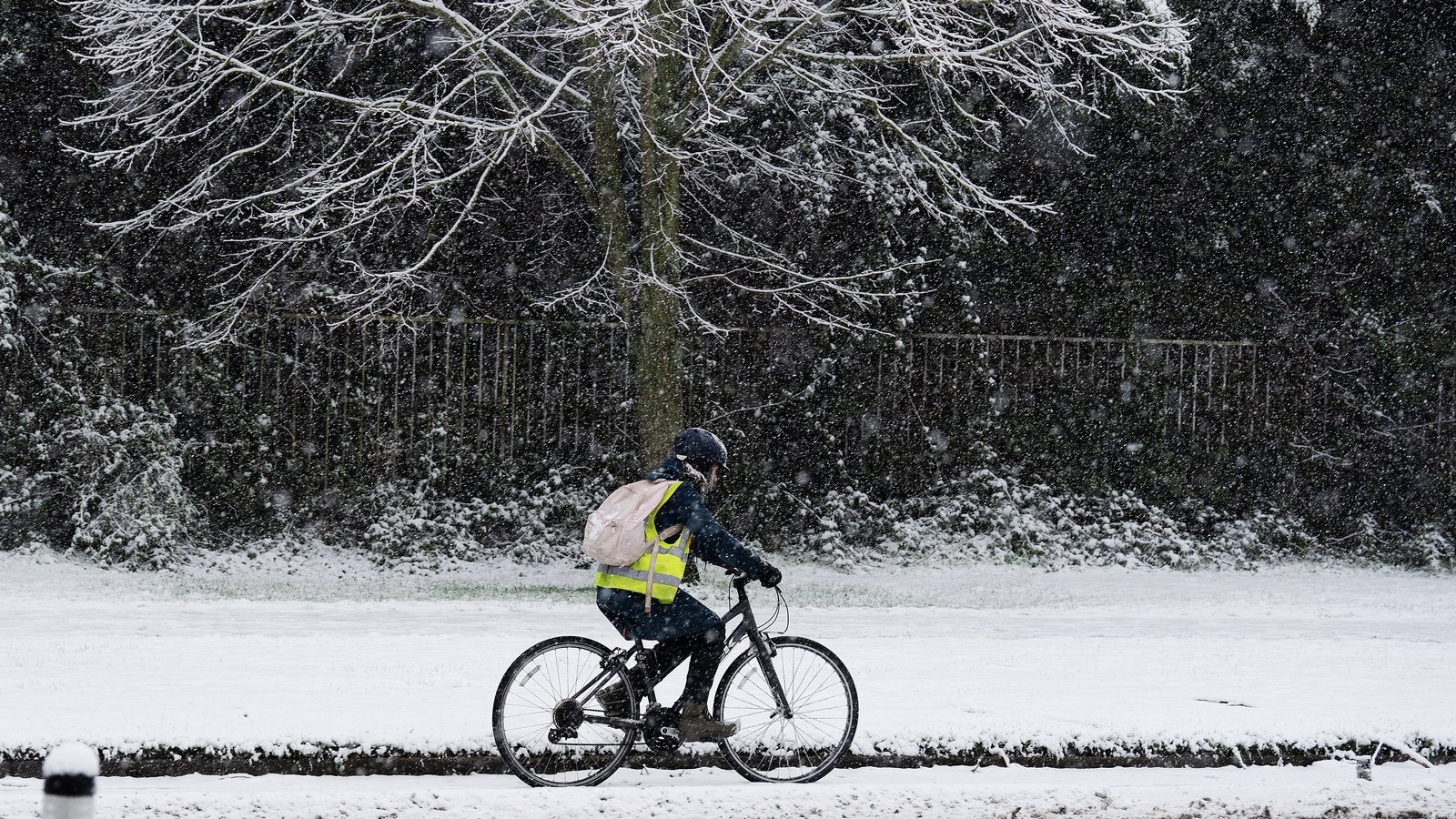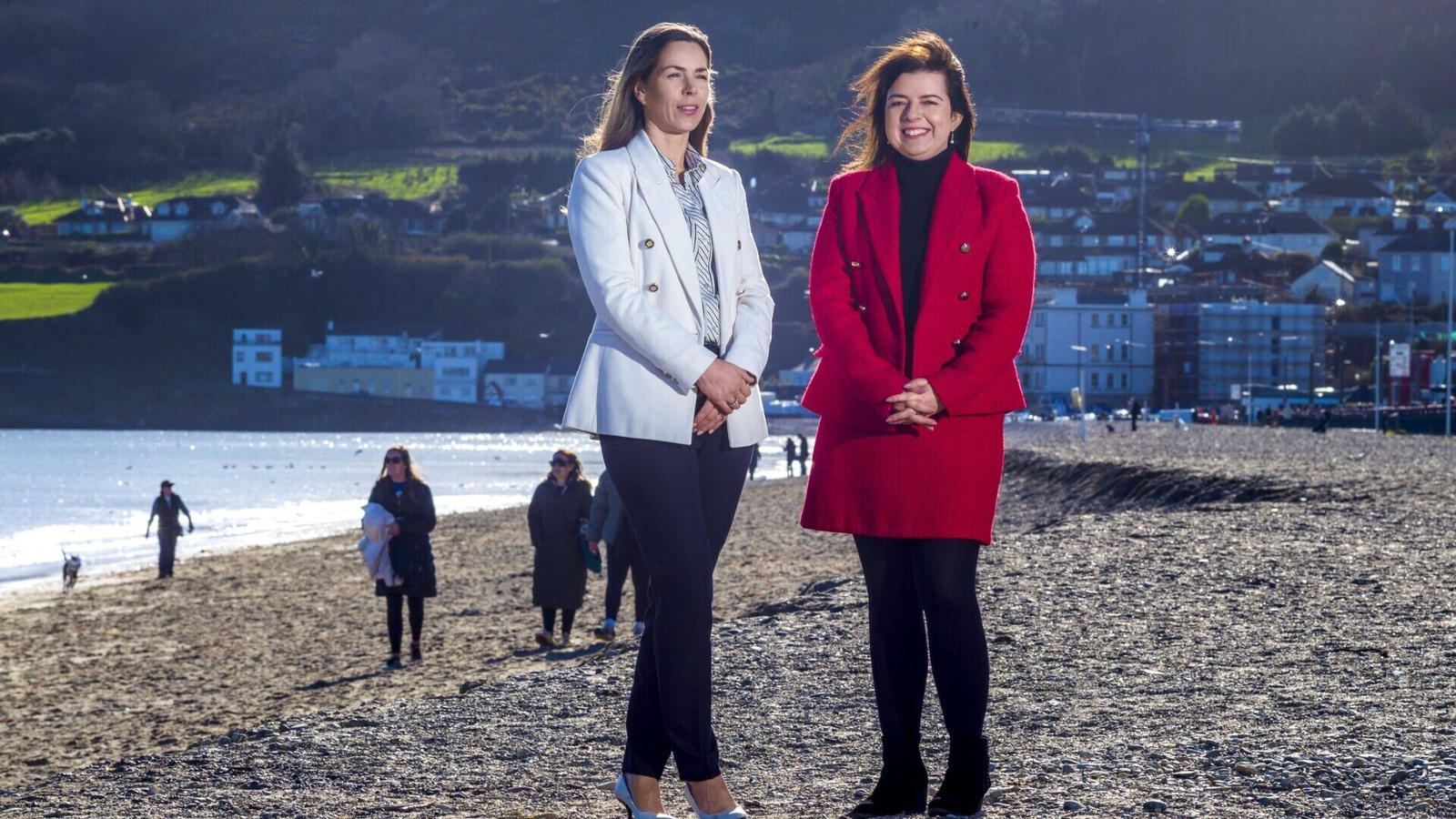Is the future of the alliance female?
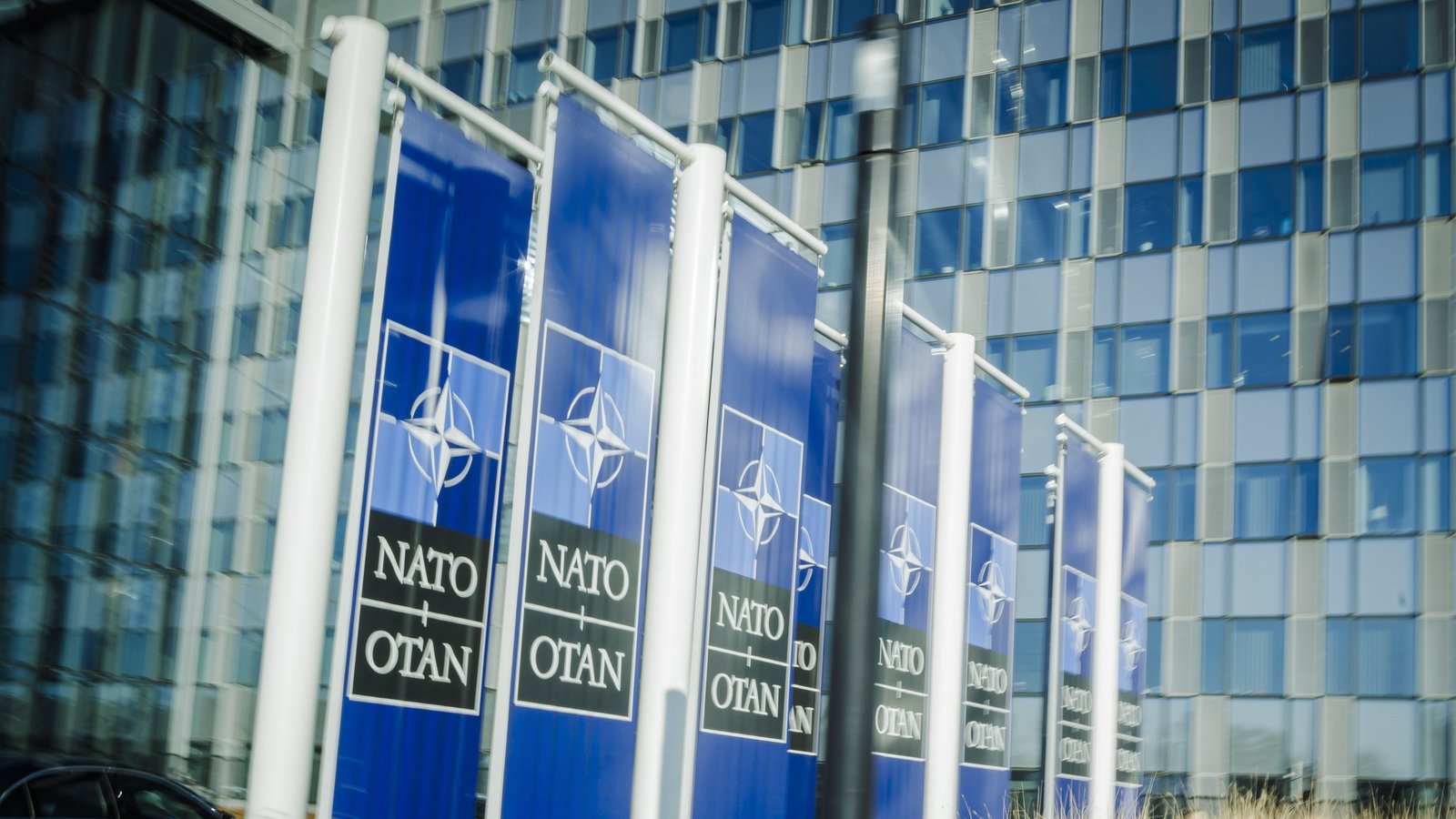
To date, there have been 13 Secretary Generals of NATO. All of them men.
Jens Stoltenberg currently holds the position and has held it longer than any other man who has taken on the role.
As a former prime minister of Norway and UN Special Envoy, he took office in 2014.
His decade-long tenure has been extended twice in the face of Russia’s war on Ukraine.
In November, Mr Stoltenberg told the AFP news agency that it is not for him to decide who is going to be his successor.
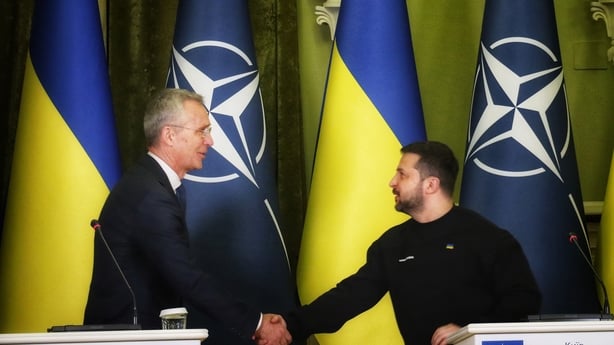
The next alliance boss is expected to be announced before a July summit in Washington.
Caretaker Dutch Prime Minister Mark Rutte is an early favourite, following his surprise resignation this summer.
But among the other potential candidates are three women: Denmark’s Prime Minister Mette Frederiksen, Estonia’s Prime Minister Kaja Kallas and Ingrida Simonyte the Prime Minister of Lithuania.
Since the first secretary general was appointed in 1952 there has never been a woman in the post. Only one woman has held the position of deputy, American diplomat Rose Gottemoeller. She served under Mr Stoltenberg from 2016 to 2019.
Former CIA analyst, Alfreda Scheuer, thinks military and national security institutions have been established and dominated by men, and that women are very much underrepresented.
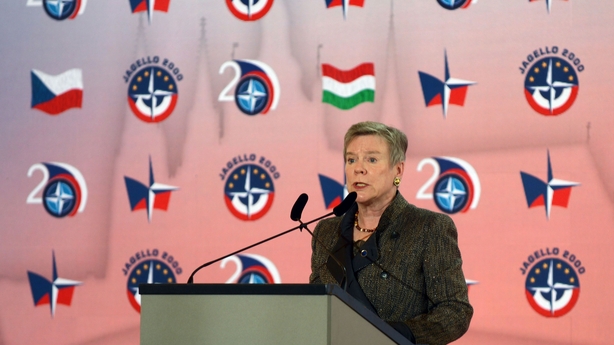
“For good or for ill, these institutions don’t exactly have a reputation for being open to change and embracing that which would be necessary to have women play more of a role,” she said.
Ms Scheuer inspired Jessica Chastain’s character in the 2012 Hollywood hit ‘Zero Dark Thirty’. She retired from her most recent role in the CIA as Deputy Chief of Homeland and Strategic Threats late in 2021.
In her own experience in national security, especially when she was in graduate school studying security studies, she said only a handful of women were focusing on counterterrorism.
“I had a senior US special forces officer sort of pat me on the head asking what a pretty little girl like me was interested in counterterrorism for.
“I just answered him that I wanted something exciting to do while I looked for a husband and he got the message that I was serious. But it was very new back then in the late ‘80s early ‘90s,” Ms Scheuer said.
Over the years, she believes there has been progress in women rising to senior jobs.
“Slowly, there absolutely have been changes that I have seen, at least throughout my own career at the CIA, to the point of course, of having our first female director.”
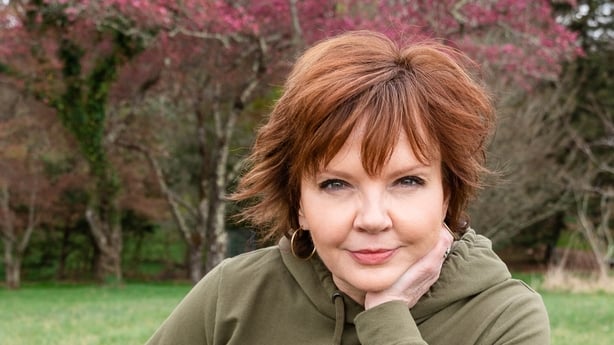
Since leaving the CIA, Ms Scheuer has become a life coach running a business called YBeU Life Coaching, saying she wants to help women “ignite your passion, live your purpose and make a difference”.
What she has discovered in this role is that not enough women throw their hats in the ring for senior roles.
From speaking with women who have taken five, 10 or even 20 years off to raise a family, it is her understanding that those women feel their experience is undervalued, or it is not going to be valued the same as a man who has a different set of experiences.
“I would love to see more females just giving it a try and recognising ‘you know what if I fail, I’ll learn from it and I’ll fail smarter next time. But I’m not going to give up. I’m going to keep disrupting the status quo. And showing up as my best self and having the courage and confidence to do that’. I do think that we’ll see more of that, which would be great,” Ms Scheuer said.
Change in leadership style
If the next Secretary General of NATO is a woman, she expects to see a change in leadership style, but not strictly because of their gender.
“In my opinion, the best leaders I know have of mix of what some might call masculine traits and feminine traits, but it’s not really defined by your gender.
“Women are criticised for being emotional leaders where men are praised for being passionate. So, I think that there absolutely are differences in men and women.
“But I think it’s more to those traits and everyone sort of has. A balance of both masculine and feminine traits, and I think it’s up to each leader to sort of figure out how to use your own traits, your own skills to be the best leader that you can.”
Ms Scheuer’s hope is that if the next secretary general of NATO is female that she will not worry about what her male predecessors did.
“I hope that she figures out who she is, what she brings to the table and shows up as authentically her best self, and not try to sort of impersonate a man or do it the way a man would have done.”

